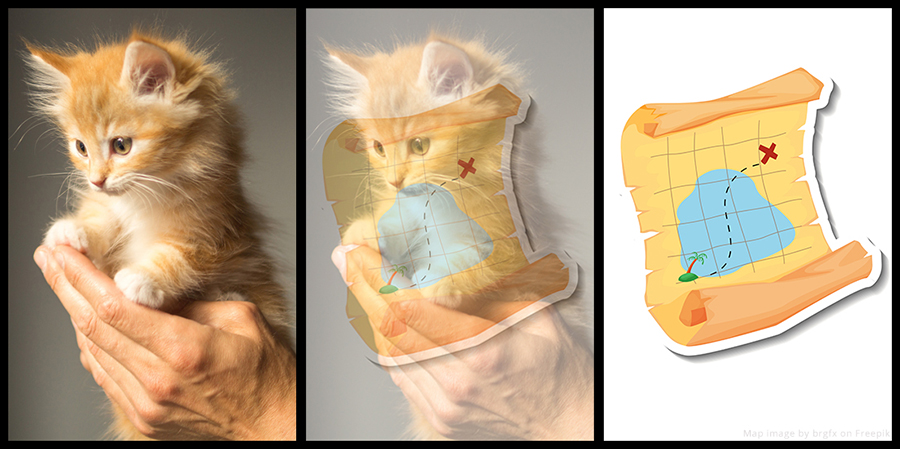Research Brief: Breakthrough Enables Perfectly Secure Secret Communications
Adam KohlhaasThursday, March 30, 2023Print this page.

In research that seems ripped from the pages of a spy novel, a team from Carnegie Mellon University and Oxford University have developed an algorithm that conceals sensitive information so effectively that it is impossible to detect.
The algorithm applies to a technique called steganography, which is the practice of hiding sensitive information inside innocuous content. Despite having been studied for more than 25 years, existing steganography methods generally offer imperfect security and individuals who use them risk being detected.
The research team used recent breakthroughs in information theory — specifically minimum entropy coupling — to counter this drawback. Minimum entropy coupling combines two distributions of data in such a way that their mutual information is maximized, but the individual distributions are preserved. The algorithm can be applied to any software that automatically generates content and could be useful for journalists and aid workers in countries where encryption is illegal.
"The main contribution of the work is showing a deep connection between a problem called minimum entropy coupling and perfectly secure steganography. By leveraging this connection, we introduce a new family of steganography algorithms that have perfect security guarantees," said Samuel Sokota, co-lead author and a Ph.D. student in CMU's Machine Learning Department.
The researchers tested the algorithm using several types of models that produce autogenerated content, and demonstrated up to 40% higher encoding efficiency than previous steganography methods across a variety of applications. These data-compression and storage benefits may make steganography an attractive method even if perfect security is not required.
The work, "Perfectly Secure Steganography Using Minimum Entropy Coupling," will appear in the 11th International Conference on Learning Representations this coming May. It's also available on arXiv and Github. For more information, read the press release from Oxford University.
Aaron Aupperlee | 412-268-9068 | aaupperlee@cmu.edu
